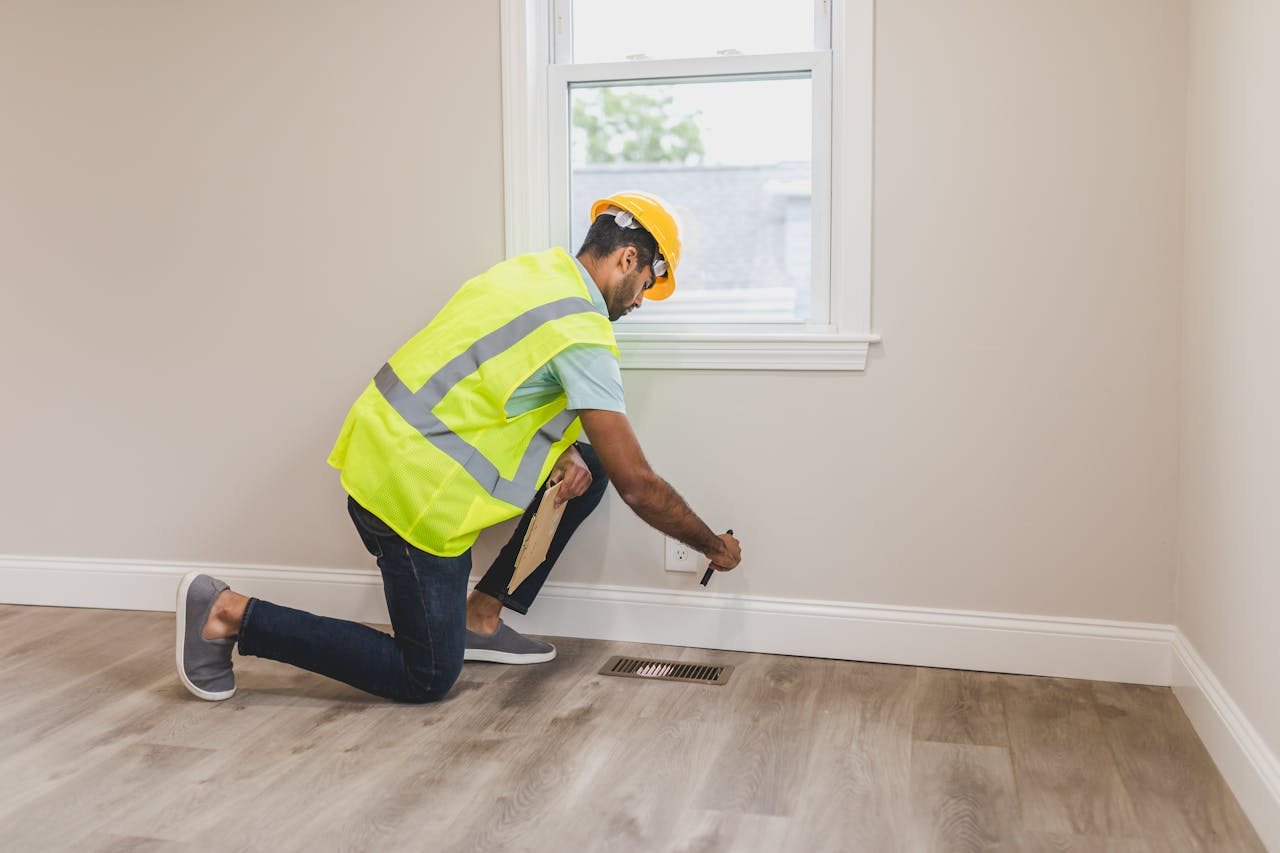Property maintenance is a critical aspect of owning real estate, whether you’re a homeowner, property manager, or investor. It’s not just about keeping things looking good—it’s about protecting your investment and ensuring long-term gains. This blog will explore why regular upkeep is vital and how it can benefit different stakeholders in the real estate market.
Financial and Aesthetic Benefits for Homeowners
For homeowners, property maintenance offers both monetary and visual rewards. Regular upkeep prevents minor issues from growing into costly repairs. For example, a small leak in the roof, if neglected, can lead to significant water damage, requiring extensive and expensive repairs. By maintaining their property, homeowners can save money and preserve or even enhance their property’s value over time.
Maintaining your home also boosts its curb appeal. A well-maintained property with a neat garden and fresh paint can stand out in a neighbourhood. This is particularly helpful if you plan to sell your home, as first impressions can strongly influence potential buyers’ decisions.
Enhancing Real Estate Investments
For real estate investors, maintenance is crucial for maximising returns. Well-kept properties are more attractive to potential tenants or buyers, and they tend to achieve higher rental yields and selling prices. Routine maintenance also reduces the likelihood of emergency repairs, keeping operational costs lower.
Furthermore, a property that is regularly maintained is less likely to depreciate in value. Investors who focus on upkeep can expect a more consistent income stream and better return on their investment. This is especially important in competitive markets where small differences in property condition can significantly impact financial outcomes.
The Role of Property Managers
Property managers play a pivotal role in the maintenance of properties they oversee. They are responsible for coordinating repairs, scheduling regular inspections, and addressing tenant concerns. Effective property managers enhance the living experience for tenants while safeguarding the landlord’s investment.
By fostering a proactive maintenance strategy, property managers can help extend the life of the property’s assets, such as appliances and infrastructure, thereby optimising the rental income and property value. They also ensure compliance with safety standards, reducing legal risks for landlords.
Practical Tips for Effective Property Maintenance
Implementing a structured maintenance routine can seem like a daunting task, but it doesn’t have to be. Breaking down tasks by season can make the process more manageable.
In spring, focus on exterior tasks such as cleaning gutters, checking the roof for damage, and servicing air conditioning units. Summer is a great time to paint or stain decks and fences, while autumn should be dedicated to sealing gaps and preparing the garden for winter. Winter checks might involve inspecting heating systems and ensuring insulation is adequate.
Consistent maintenance also means being prepared for unexpected repairs. Keep a list of reliable contractors and tradespeople who can address a variety of issues efficiently.
Professional Property Maintenance Services
While DIY maintenance can be effective, professional services often offer a more comprehensive solution. Experts have the skills and equipment necessary to carry out complex repairs and regular inspections that might be beyond the average homeowner’s capacity.
When selecting a maintenance service provider, consider their reputation, range of services, and the feedback from previous clients. A reliable company will not only address urgent issues but also provide preventive maintenance plans to keep your property in top condition.
In conclusion, property maintenance is an essential practice for homeowners, managers, and investors. It maintains the property’s aesthetic and financial value, ensures comfort and safety for occupants, and supports long-term investment goals. Whether through personal effort or professional services, maintaining a property is a wise strategy that pays dividends over time. Investing in regular maintenance is not just about preserving property; it’s about enhancing life quality and securing financial well-being for years to come.
